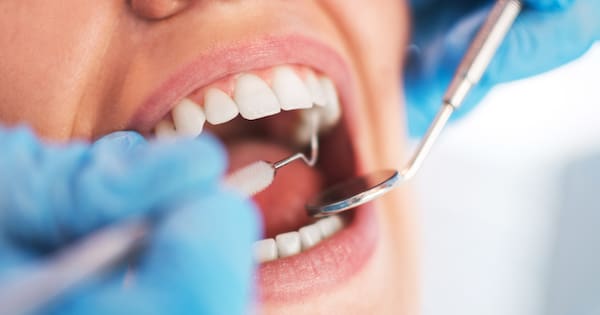A dentist who fitted a 12-year-old girl with braces, causing damage that later required jaw surgery, has been asked to apologize to the teenager.
The girl’s mother complained to the Health and Disability Commissioner after she suggested the dentist gave her “negligent and unprofessional care”.
She told the Commissioner that the 2014 treatment was inappropriate as the roots of her daughter’s teeth are short, causing the braces to cause damage that required further orthodontic treatment and jaw surgery.
Deputy Health and Disability Commissioner Dr Vanessa Caldwell today found that the dentist breached the teenager’s rights over a two-year period under the Health and Disability Services Consumer Rights Code.
In 2014, the dentist fitted the teenager with braces, which were later removed and replaced with aligners. The treatment was then considered complete.
He was referred for surgery three years later
Three years later, a specialist orthodontist expressed his dissatisfaction with the orthodontic treatment undertaken by the dentist and recommended that the girl get upper and lower braces and jaw advancement surgery.
The orthodontist found two teeth “severely compromised” by mobility and short roots and “severe root resorption” in eight teeth.
He recommended that the teenager have upper and lower braces, in addition to mandibular reduction surgery with an oral and maxillofacial surgeon.
In her complaint, the mother said the first dentist should have identified the problems in the X-rays he took in 2014, adding that she is concerned her daughter was not referred to a specialist before treatment.
“[The mother] said that [the dentist] he told her he was an orthodontist, or probably led her to believe that, and he wouldn’t have taken it [her daughter] to him for such a large amount of dental work if he knew he was not an orthodontist.”
The dentist disagreed with the mother’s claim that he represented himself as an orthodontist, instead that he was a “general dentist who did orthodontic work.”
“The dentist violated many rights”
The Health and Disability Commissioner found that the dentist breached several rights under the consumer rights code “for failing to refer the teenager to a specialist in the first place and undertaking treatment he was not trained or experienced enough to provide”.
Clinical advice given to Caldwell claimed that the dentist “failed to adequately diagnose orthodontic problems and was well beyond his scope of training”.
“Most dentists would think that a case with very short roots before orthodontics should be referred, and that it was not, to be extremely bad,” the independent advice states.
Caldwell also found that the dentist was in violation by failing to maintain complete, accurate patient records that conformed to relevant professional and ethical standards.
“The absence of clear, well-documented clinical records hindered my investigation into the clinical aspects of this complaint,” he said.
“Furthermore, more complete, detailed clinical records would assist dentists who subsequently provide treatment.”
Furthermore, according to the Commissioner, “The dentist did not obtain adequate informed consent for the braces.
“Not only was there no documentation of the informed consent process, but the informed consent discussion took place on the day the braces were placed. This did not give the teen and her mother sufficient time to consider the treatment and its risks.”
Noting that the dentist had completed a detailed Dental Board training program, Dr. Caldwell made several recommendations, including urging a written apology to the teenager for the lapses in care and thereby violating her patient’s rights.
Another recommendation involved self-auditing the records of 20 patients and having this peer review reviewed by a professional body.


